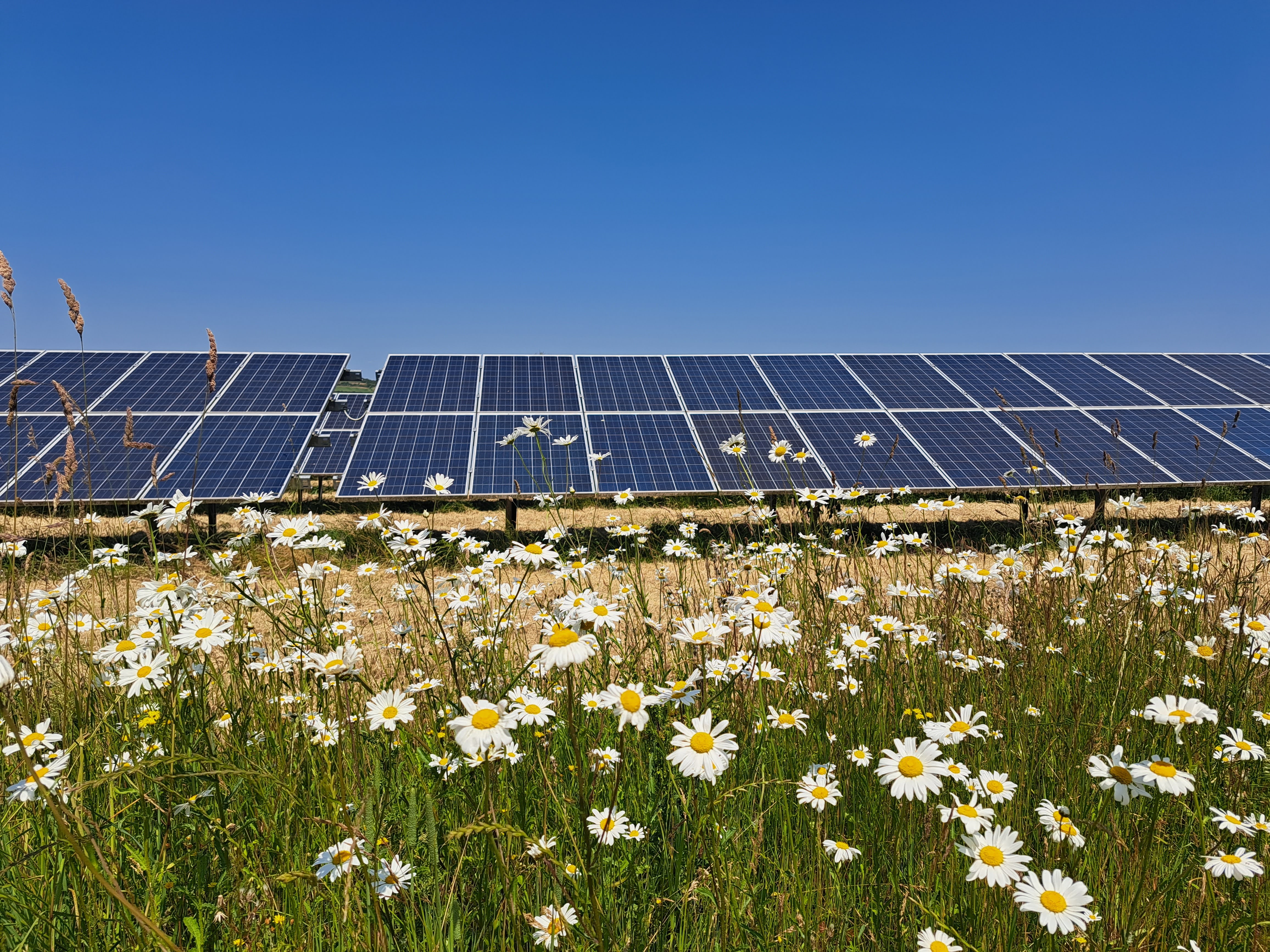
RES - the world’s largest independent renewable energy company - is looking to bring forward proposals for a nationally significant infrastructure renewables project in Sturton-le-Steeple, Nottinghamshire.
Application accepted
Steeple Renewables Project will now move into the pre-examination period. The Relevant Representation period has now closed, the Planning Inspectorate will publish the Relevant Representations on their website in due course.
More information about our submitted proposals and changes we made in response to feedback received from our two consultations can be found within our Project Update Newsletter which is also linked on our Document Library page.
You can view the application documents:
- In our Application Documents Library
- On the Planning Inspectorate’s website
Steeple Renewables Project could:
![]() Generate enough renewable energy to power 180,000 homes, around 50% of all homes in Nottinghamshire[1]
Generate enough renewable energy to power 180,000 homes, around 50% of all homes in Nottinghamshire[1]
![]() Support the UK’s targets to reach net-zero by 2050
Support the UK’s targets to reach net-zero by 2050
![]() Utilise electricity grid capacity made available from the decommissioning of the adjacent West Burton Power Station
Utilise electricity grid capacity made available from the decommissioning of the adjacent West Burton Power Station
![]() Deliver £320,000 a year in community benefits, equating to approximately £13 million over the lifetime of the project. This could include RES’ unique Local Electricity Discount Scheme (LEDS) which is proposed to provide a minimum discount of £350 on the electricity bills of the closest homes and businesses every year.[2]
Deliver £320,000 a year in community benefits, equating to approximately £13 million over the lifetime of the project. This could include RES’ unique Local Electricity Discount Scheme (LEDS) which is proposed to provide a minimum discount of £350 on the electricity bills of the closest homes and businesses every year.[2]
![]() Deliver £224 million of investment into the construction of the scheme, providing a boost to the local construction sector[3]
Deliver £224 million of investment into the construction of the scheme, providing a boost to the local construction sector[3]
![]() Create 400 jobs over the 24-month build programme, supporting skills and employment in the local community[4]
Create 400 jobs over the 24-month build programme, supporting skills and employment in the local community[4]
![]() Enable continued agricultural use of the land alongside the renewable energy project
Enable continued agricultural use of the land alongside the renewable energy project
[1] The homes figure has been calculated by taking the predicted average annual electricity generation of the site and dividing this by the annual average electricity figures from DESNZ (Department for Energy Security and Net Zero) showing that the annual GB average domestic household consumption is 3,239 kWh (January 2024).
[2] Based on an indicative scenario of 400MW of installed solar capacity and example eligible area extending 1km from the edge of the built project. The final LEDS discount per property, and extent of eligible area, will be determined following consultation with the local community and will depend on the installed capacity of the final constructed project.
[3] Based on information provided by the client, a value of £560,000 per MW has been used to calculate construction cost. This cost per MW is multiplied by 400MW, an approximate figure for the generation capacity of the project, to reach a total construction cost of around £224 million.
[4] Based on previous experience of other solar farms, the construction phase could support around 1 job per MW during the peak of the construction phase, therefore Steeple could support in the region of 400 jobs.
